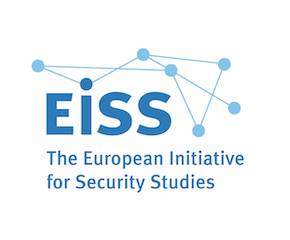Speaker
Description
Does the Ukraine war mark the arrival of novel, disruptive technologies (HIMARS/precision artillery fires, online crowdsourcing of weapons, drone swarms, citizen OSINT, cyber-militias, etc.) which augur an era of democratisation of ‘open source warfare’ (Cronin, 2019, Boyle, 2020, Palavenis, 2022) that challenges the centrality of states in the international system as once monopoly providers of coercive technologies? Alternatively does the war reveal remarkable continuities as regards specific old and legacy military technologies in determining battlefield outcomes? This paper adapts and applies David Edgerton’s Shock of the Old (2006) perspective together with the wider literature on technology and war to probe question of technological determinism in shaping war outcomes (Walton, 2019; Roland, 2016; Raudzens, 1990). Three arguments are advanced here. Firstly, despite all the hype about ‘charismatic’ weapon systems (HIMARS, Leopards) the war so far is notable for the much wider and effective use of legacy systems, many of Soviet or late Cold War NATO origin, and some of indigenous Ukrainian design. Secondly, it is argued we should make a distinction between observable outcomes that technology facilitates at the strategic, operational or tactical level of war, contrasted with the subjective political and wider social perceptions lavished on a few advanced ‘hyped’ weapon technologies. The former is often complex and difficult to document, while the latter is often more politically significant than it is militarily important. Finally, states and their militaries remain central in the production, sharing and refining of war technologies even if private non-state actors gain much of the limelight.
| What discipline or branch of humanities or social sciences do you identify yourself with? | Political Science |
|---|---|
| If you are submitting an Open Panel proposal, have you included all four abstracts in attachment? | No, I am submitting a Closed Panel abstract |
| Are you a PhD student or early-career researcher? | No |

